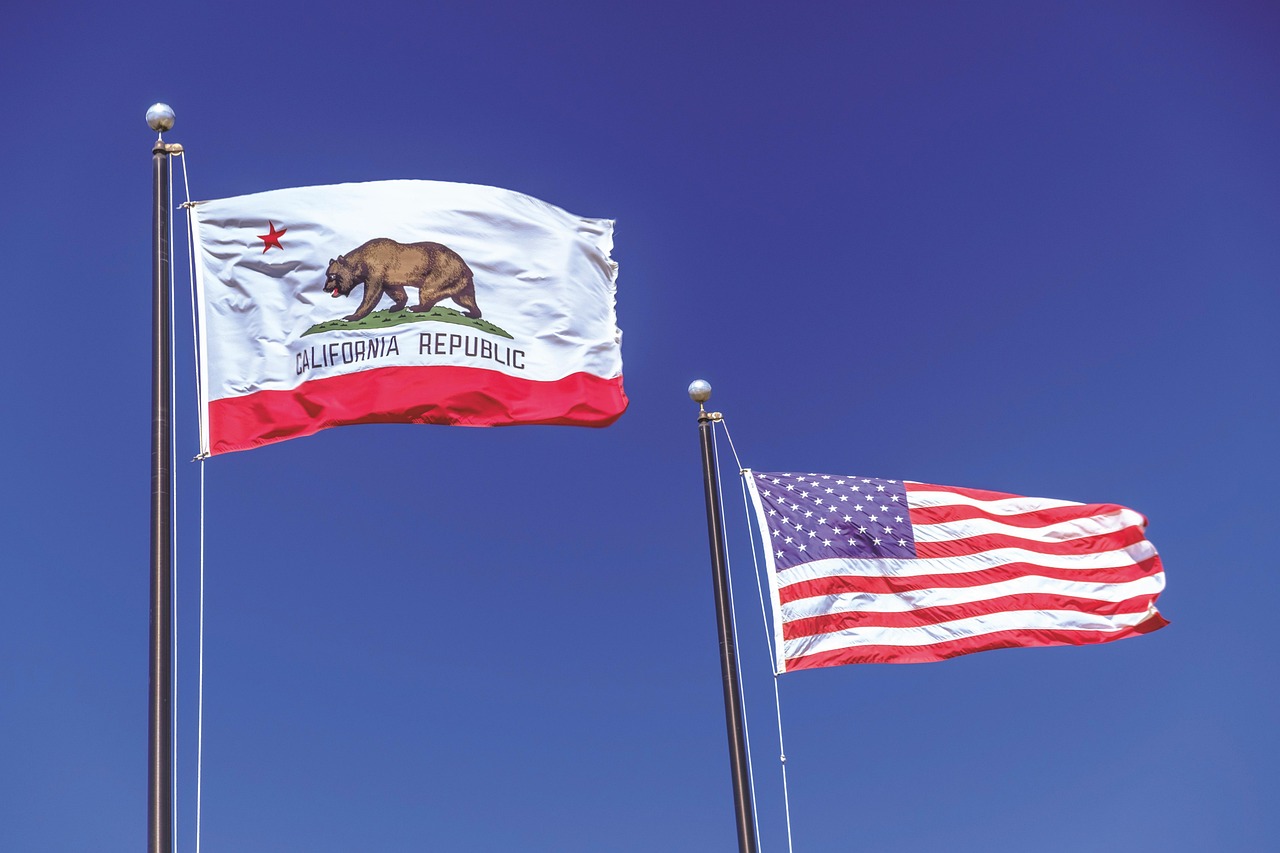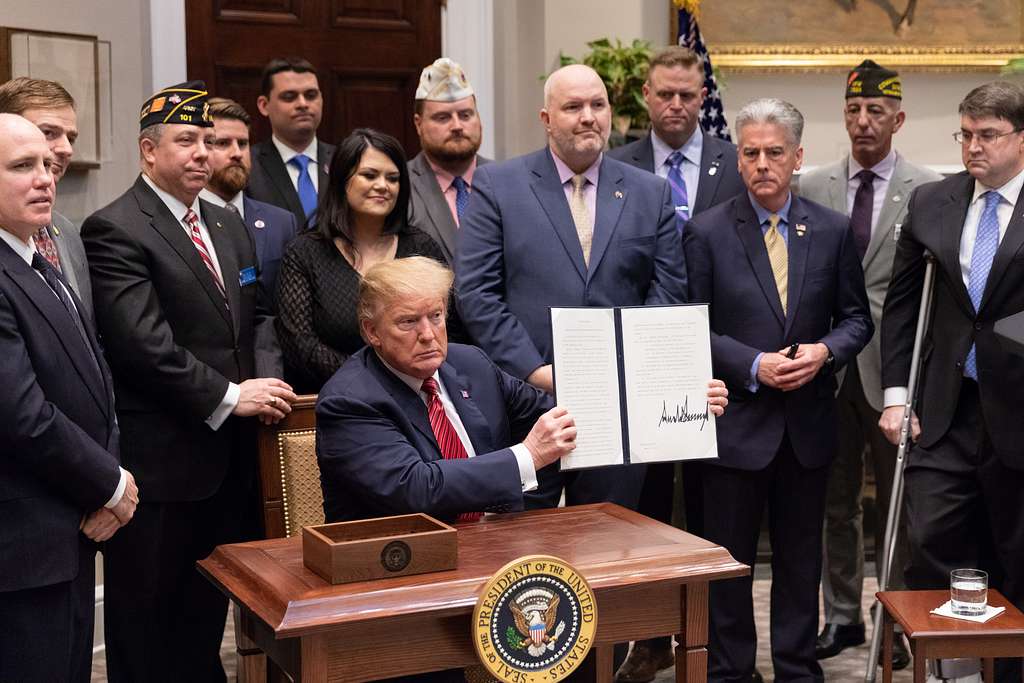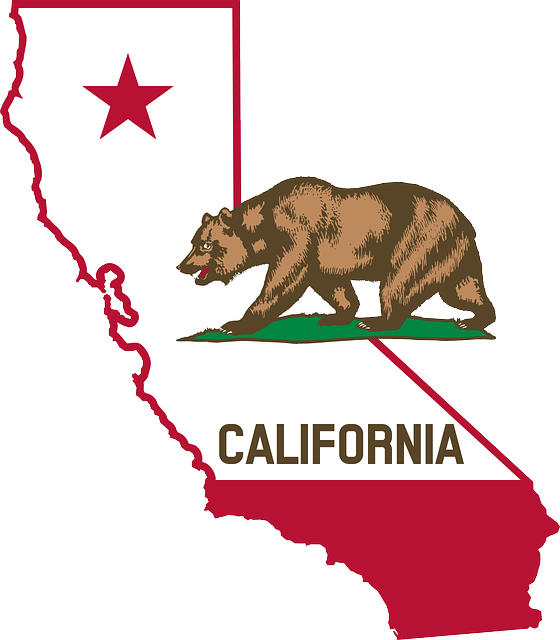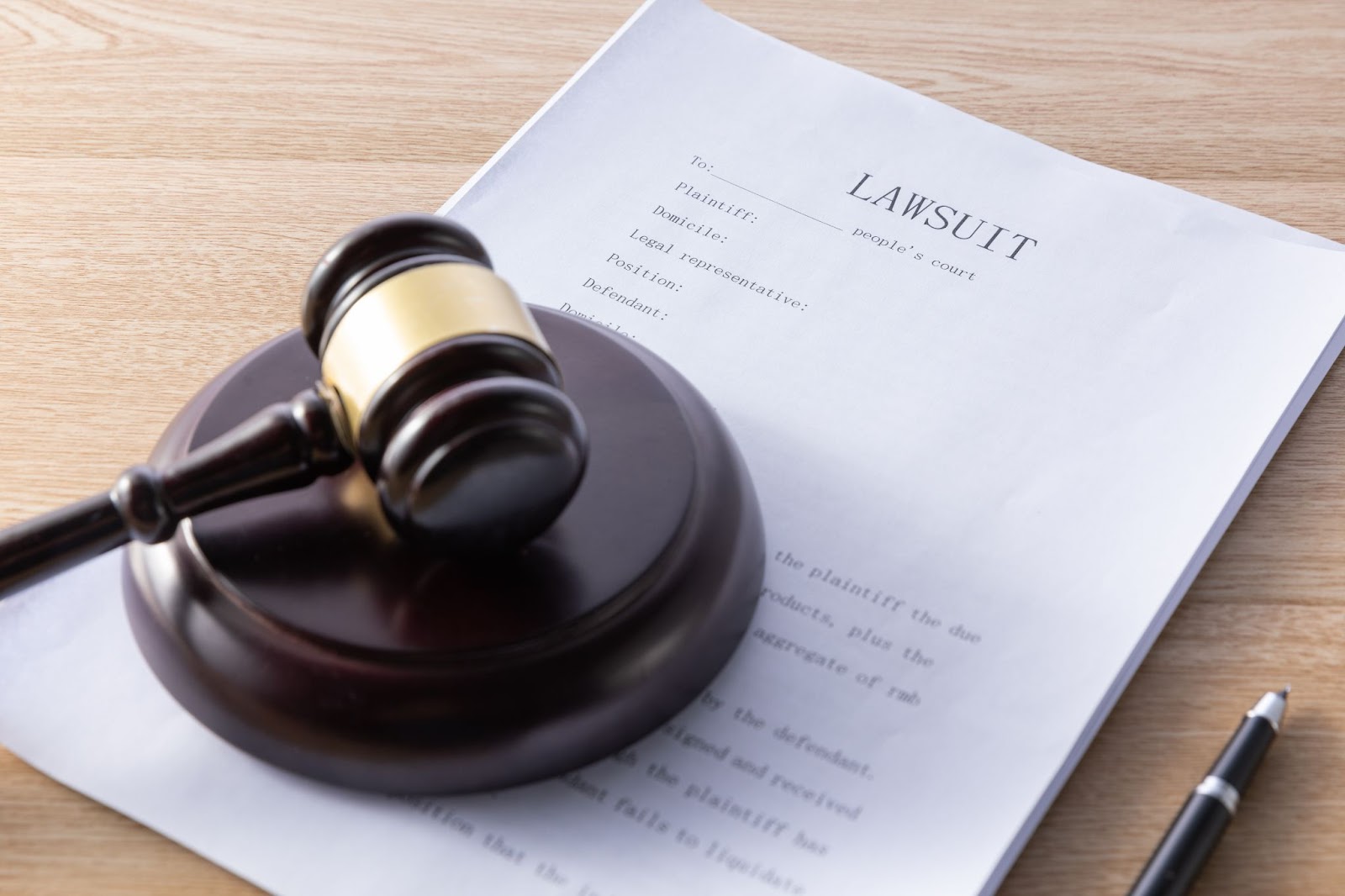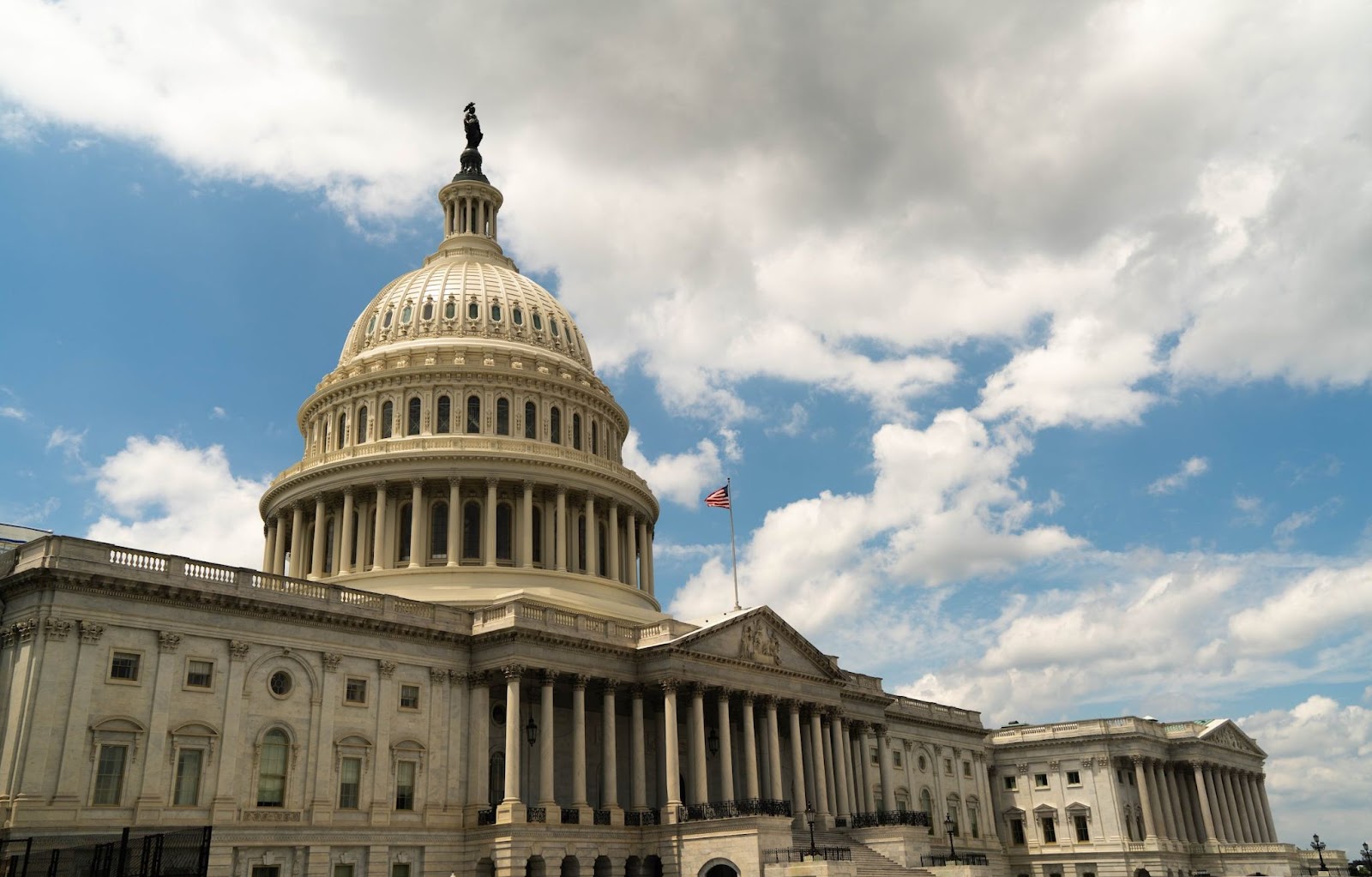When several people have been harmed in a comparable way, they may be able to collectively file a class action lawsuit against the party or parties that harmed them. The group may start a class action lawsuit if the same entity or product financially or physically harms them. These lawsuits are also useful in instances where it would not be viable or practical to file lawsuits individually, making them an ideal avenue for consumers to take on large government entities or corporations without overwhelming the courts. In other words, a class action allows courts to manage lawsuits that would otherwise be unmanageable due to the sheer volume of plaintiffs. However, class action lawsuits do much more than provide a solution for too many plaintiffs. Class action lawsuits can shine a light on certain allegedly unfair or unlawful practices utilized by big corporations or government agencies. In recent history, there have been many class action lawsuits that have caught the world’s attention. In this post, we will explore three high-profile class action lawsuits and discover the background of the cases.
3M Defective Earplugs
This massive multi-district-litigation (MDL) brought claims on behalf of nearly 234,000 military service members, veterans, and individuals who were employed on military bases nationwide and worldwide, alleging that 3M’s government-contracted combat earplugs were defective, resulting in widespread tinnitus and hearing loss. 3M’s earplugs were theoretically protected by government immunity as a product that was approved by the U.S. government. However, the MDL’s leadership was able to prove that 3M knew about the defects in their earplugs and misled the government to obtain a contract, rendering their immunity null and void. In fact, in 2018, 3M faced legal action from the Department of Justice (DOJ) over inaccuracies and deceptive information, resulting in a $9.1 million trial verdict awarded to the DOJ. McCune Law Group, in concert with attorneys and law firms from around the country, helped secure $6 billion for clients in what became the largest MDL in U.S. history against 3M. Due to years of dedicated work, these class action attorneys have secured a favorable settlement to help affected military service members.
Equifax Data Breach (2017)
In March of 2017, a data breach occurred that stole and exposed the personal information of millions of customers under Equifax. The data breach, unfortunately, highlighted the weaknesses and security lapses that allowed cyber attackers to infiltrate secure systems and gather vast amounts of sensitive information. The attack initially occurred through a consumer complaint web portal, which had a widely known vulnerability that should have been addressed. However, due to the failure of Equifax to renew an encryption certificate in one of their security tools, the vulnerability remained. Once inside Equifax’s systems, the attackers discovered the usernames and passwords of millions of customers. When Equifax discovered the data breach almost two years after it initially occurred, the damage had already been done. This action led to a large class action lawsuit, which resulted in a settlement of up to $700 million for affected individuals. This class action lawsuit highlights the importance of data security and the legal ramifications companies face when they fail to adequately protect sensitive information.
Enron Securities Fraud
Arguably one of the most widely known cases, the story of Enron follows a company that grew to unprecedented heights only to face a dramatic fall. The scandal which unfolded in the early 2000s was one of the most significant cases of corporate fraud in recent history. Following a merger between Houston Natural Gas and Omaha in 1985, Jefferey Lay became Enron’s CEO and chair and rebranded Enron into an energy trader and supplier. Jefferey Lay created Enron Finance and appointed Jefferey Skilling to head the new corporation. As the company’s “success” skyrocketed, it began to crumble under its own weight. Enron manipulated its financial statements to present a positive image of its health, conceal debt, inflate profits, and hide financial losses.
As the truth of Enron’s manipulations became known in 2001, the company’s stock value plummeted, causing disastrous financial losses for thousands of investors. Several Enron executives were charged with conspiracy, insider trading, and securities fraud. In July of 2002, the Sarbanes-Oxley Act was signed into law under President George W. Bush, which outlined certain requirements for financial record-keeping and reporting and increased the consequences for destroying, altering, or fabricating financial statements.
Class Actions Can Be a Useful Tool for Defending Your Rights Against Corporations
To conclude, these high-profile class action lawsuits have impacted the marketplace worldwide. Class actions allow individuals with limited resources to seek justice and compensation for their grievances, as well as provide a means to hold corporations and other entities accountable for their actions on a larger scale. By aggregating claims, class action lawsuits contribute to the judicial economy and foster access to justice, ensuring that individuals with shared concerns and harm can seek recourse collectively and address systemic issues. Through class action lawsuits, no entity is too big to be held accountable.
Written in partnership with Tom White.
















